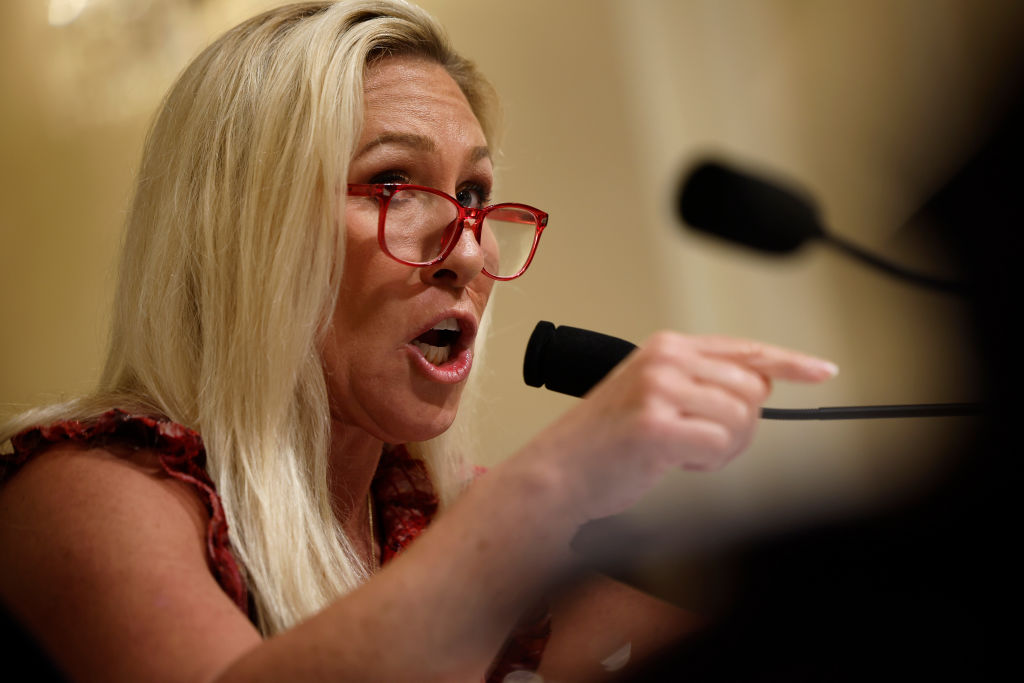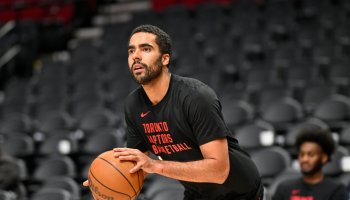Bracing themselves on a rolling warship in choppy seas, U.S. Navy snipers fired three flawless shots to kill a trio of Somali pirates and free the American sea captain being held at gunpoint, a Navy commander said Monday.
Angry pirates vowed retaliation for the deaths, raising fears for the safety of some 230 foreign sailors still held hostage in more than a dozen ships anchored off the coast of lawless Somalia.
“From now on, if we capture foreign ships and their respective countries try to attack us, we will kill them (the hostages),” Jamac Habeb, a 30-year-old pirate, told the Associated Press from one of Somalia’s piracy hubs, Eyl. “(U.S. forces have) become our No. 1 enemy.”
The nighttime operation was a victory for the world’s most powerful military, but few experts believed it would quell a rising tide of attacks in one of the world’s busiest shipping lanes.
Interviewed from Bahrain, U.S. Naval Forces Central Command chief Vice Adm. Bill Gortney said the takedown happened shortly after the hostage-takers were observed by sailors aboard the USS Bainbridge “with their heads and shoulders exposed.”
U.S. Defense officials said snipers got the go-ahead to fire after one pirate held an AK-47 so close to Capt. Richard Phillips’ back that the weapon appeared to be touching him. Two other pirates popped their heads up, giving snipers three clear targets, one official said.
The military officials asked not to be named because they were not authorized to publicly discuss the case.
The Navy released images of the scene from an unmanned drone that showed snipers positioning themselves on the fantail of the USS Bainbridge. The snipers fired simultaneously.
Asked how the snipers could have killed each pirate with a single shot in the dark, Gortney described them as “extremely, extremely well-trained.” He told NBC’s “Today” show that the shooting was ordered by the captain of the Bainbridge.
The SEALS arrived on the scene by parachuting from their aircraft into the sea, and were picked up by the Bainbridge, a senior U.S. official said.
He said negotiations with the pirates had been “going up and down.” The official, asking not to be publicly identified because he, too, was not authorized to discuss this on the record, said the pirates were “becoming increasingly agitated in the rough waters; they weren’t getting what they wanted.”
Just as it was getting dark, pirates fired a tracer bullet “toward the Bainbridge,” further heightening the sense that the incident was ratcheting up, the official said.
He said when the time snipers fired, Phillips’ hands were bound. Phillips was not hurt in several minutes of gunfire Sunday.
News of Phillips’ rescue caused his crew in Kenya to break into wild cheers and brought tears to the eyes of those in Phillips’ hometown of Underhill, Vermont, half a world away from the Indian Ocean drama.
President Barack Obama called Phillips’ courage “a model for all Americans” and said he was pleased with the rescue, but added the United States still needed help from other countries to deal with piracy and to hold pirates accountable.
The stunning resolution to a five-day standoff came after pirates had agreed to let the USS Bainbridge tow their powerless lifeboat out of rough water.
A fourth pirate surrendered after boarding the Bainbridge earlier Sunday and could face life in a U.S. prison. He had been seeking medical attention for a wound to his hand, military officials said.
In a move that surprised the pirates, the U.S.-flagged Maersk Alabama had put up a fight Wednesday when pirates boarded the ship. Until then, Somali pirates had become used to encountering no resistance once they boarded a ship in search of million-dollar ransoms.
Yet Sunday’s blow to their lucrative activities is unlikely to stop pirates, simply because of the size of the vast area stretching from the Gulf of Aden and the coast of Somalia.
“This could escalate violence in this part of the world, no question about it,” said Gortney, the commander of U.S. Naval Forces Central Command.
A Somali pirate agreed.
“Every country will be treated the way it treats us. In the future, America will be the one mourning and crying,” Abdullahi Lami, one of the pirates holding a Greek ship anchored in the Somali town of Gaan, told The Associated Press on Monday. “We will retaliate (for) the killings of our men.”
On Friday, French navy commandos stormed a pirate-held sailboat, the Tanit, in a shootout at sea that killed two pirates and one French hostage and freed four French citizens.
The pirates still hold about a dozen ships with more than 200 crew members, according to the piracy watchdog International Maritime Bureau. Hostages are from Bulgaria, China, Germany, Indonesia, Italy, Russia, Taiwan, Tuvalu and Ukraine, among other countries.
Vilma de Guzman, whose husband is one of 23 Filipino sailors held hostage since Nov. 10 on chemical tanker MT Stolt Strength, feared Phillips’ rescue may endanger the lives of other hostages.
“The pirates might vent their anger on them,” she said. “Those released are lucky, but what about those who remain captive?”
She also criticized world media for focusing so much on the U.S. captain but giving little attention to other hostages.
Aboard the Bainbridge, sailors passed along a message from Andrea Phillips to her husband: “Richard, your family loves you, your family is praying for you, and your family is saving a chocolate Easter egg for you, unless your son eats it first.”
Phillips himself deflected any praise.
“I’m just the byline. The real heroes are the Navy, the SEALs, those who have brought me home,” Phillips said by phone to Maersk Line Limited President and CEO John Reinhart.
Phillips’ 17,000-ton ship docked Saturday with 19 crew in Mombasa, Kenya, and crew there they expected to stay for several days before returning home.
Chief mate Shane Murphy said spoke to Phillips by telephone Monday. “He’s absolutely elated and he could not be prouder of us for doing everything we were trained to do,” Murphy said.
It was not immediately known when or how Phillips return home.
In Vermont, Maersk spokeswoman Alison McColl choked up as she stood outside the family’s house and read their statement.
“Andrea and Richard have spoken. I think you can all imagine their joy, and what a happy moment that was for them. They’re all just so happy and relieved.
“Andrea wanted me to tell the nation that all of your prayers and good wishes have paid off because Captain Phillips is safe,” she said.
The ship had been carrying food aid bound for Rwanda, Somalia and Uganda when the ordeal began Wednesday hundreds of miles (kilometers) off Somalia’s eastern coast. As the pirates clambered aboard and shot in the air, Phillips told his crew to lock themselves in a cabin and surrendered himself to safeguard his men.
Phillips was then taken hostage in an enclosed lifeboat that was soon shadowed by three U.S. warships and a helicopter. Phillips jumped out of the lifeboat Friday to try to swim to freedom but was recaptured when a pirate fired into the water, according to U.S. Defense Department officials.
Gordon van Hook, the top Maersk official in Mombasa, said the FBI was wrapping its investigation, while the U.S. coast guard was conducting a separate own query and a third-party security firm was inspecting the ship to be sure it was not seriously damaged during the ordeal.
The surviving fourth pirate is in military custody for the time being.
Kenya’s foreign minister said his country had not received any request from the United States to try the captured pirate but would “consider it on its own merit.”
When the United States captured pirates in 2006, Kenya agreed to try them. Ten pirates were convicted and are serving prison sentences of seven years each.
















